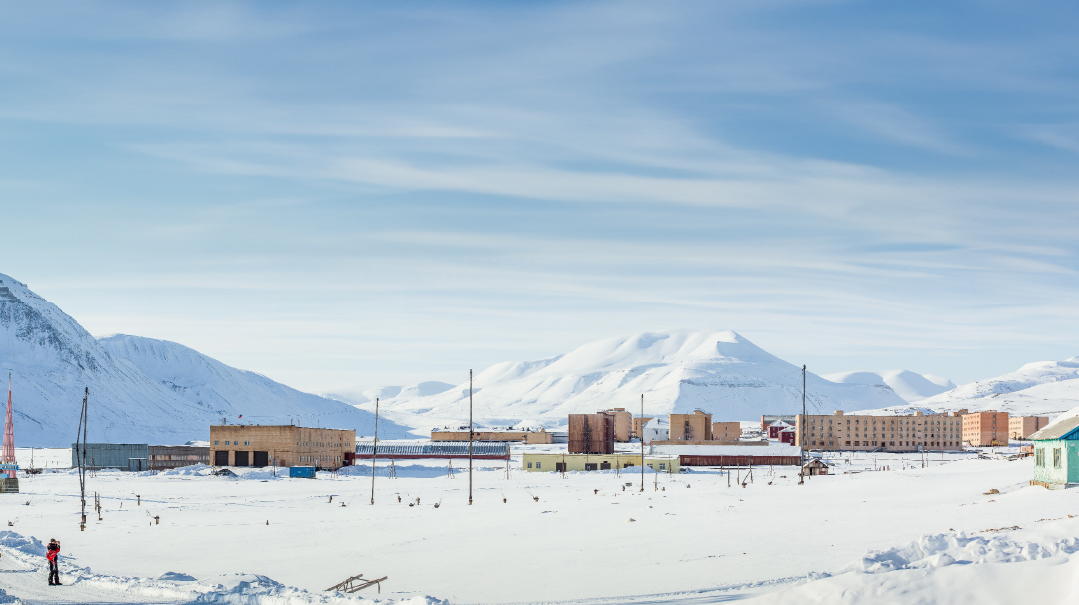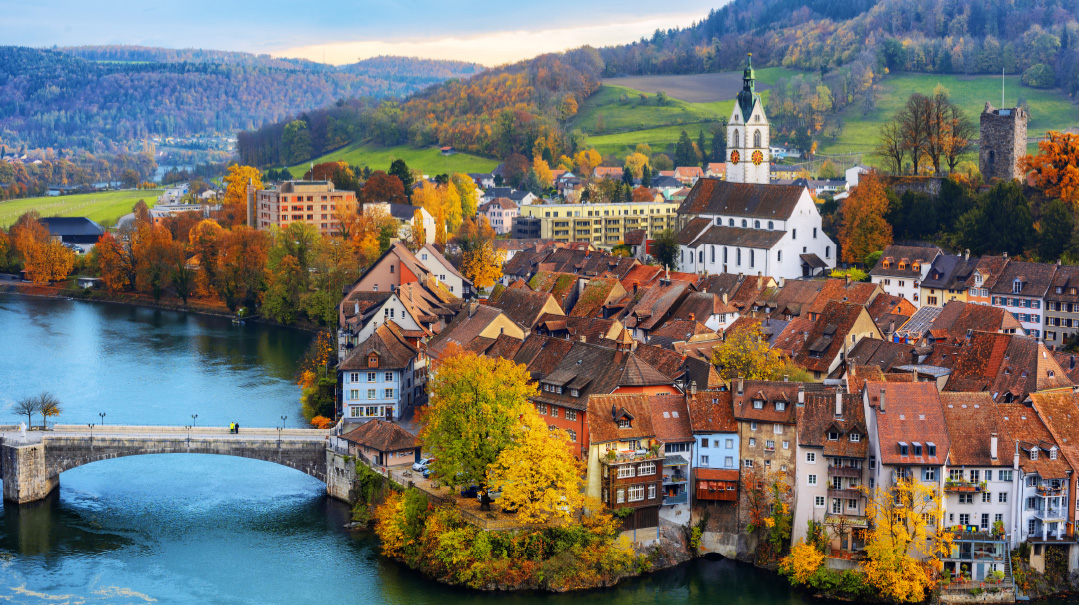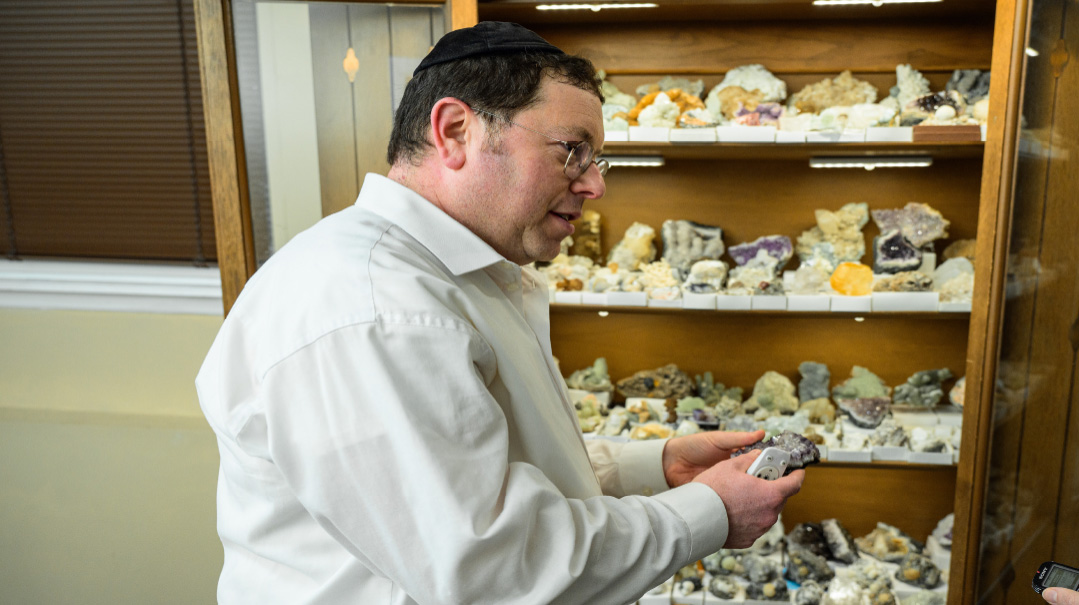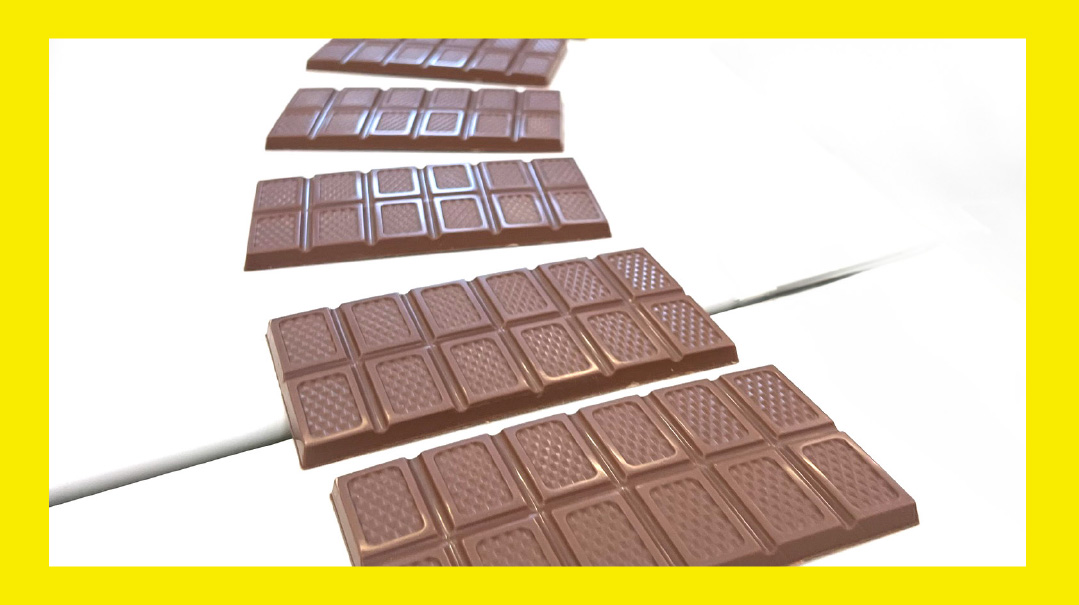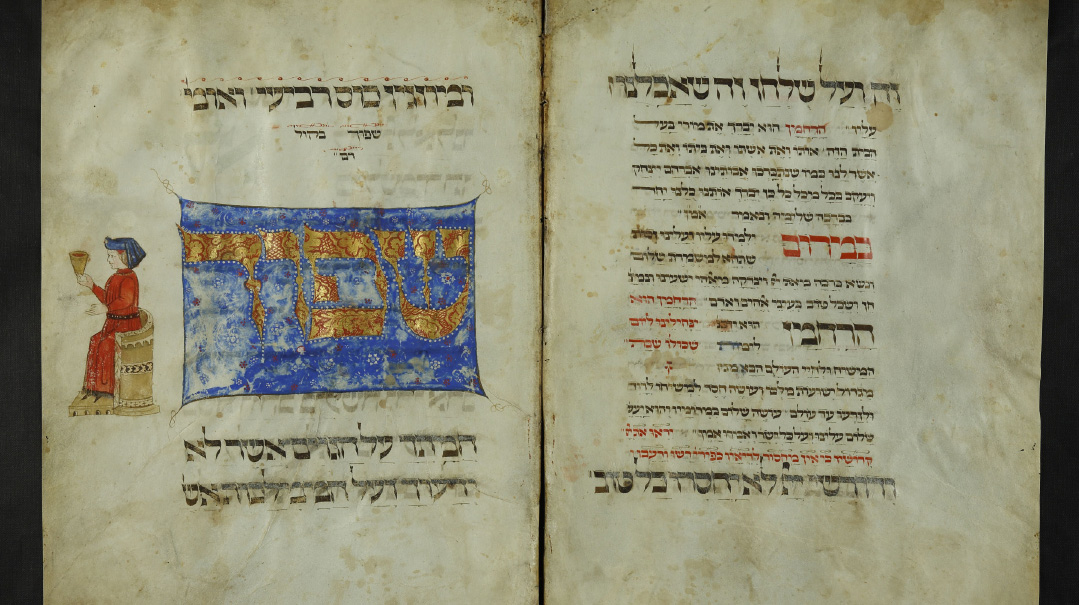Breslov in My Backyard

Finding the essence of prayer in a Jerusalem wadi
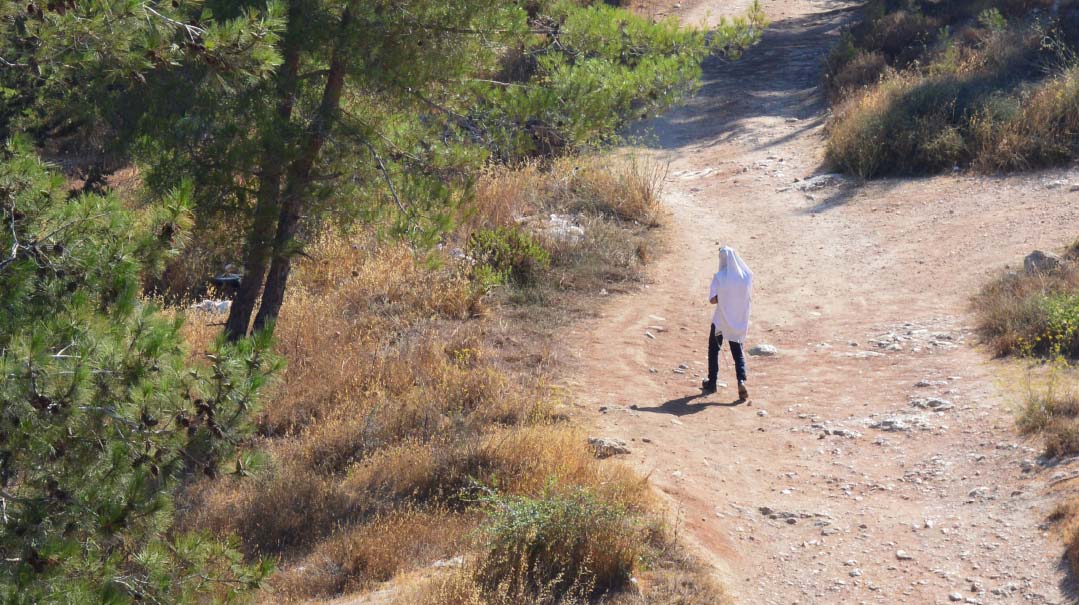
I was born in Brooklyn, where davening happens in shuls that are heated in the winter and air-conditioned in the summer. If people get emotional during davening, maybe their whispers are a little loud. But most keep their emotions to themselves.
The wadi in my current backyard — a ravine hugging the edge of Jerusalem — is a long way from Brooklyn.
Those first few nights after we moved in, I was alarmed to hear repeated desperate yells outside my window. But when morning came, I realized that no one was being attacked out there. The screams were coming from a motley group of Breslover chassidim who’d chosen this wadi as their destination for daily hisbodedus — some in the early morning hours, some shrouded in the lonely darkness of the Jerusalem night.
With time, my take on those yells changed from annoying to curious to passionate to inspiring. And my view of the men who visit the raw valley changed, too: from foreign, off-putting wanderers to authentic spiritual seekers.
In Jerusalem of 2021, there are clogged highways and self-checkout in the supermarkets. There are LED signs advertising the next minyan outside the local shtibel and electric scooters zipping up and down the streets. If you’re seeking a place that’s quiet, a place untouched by asphalt or technology, a place to feel small and needy against the vast expanse of creation, then you too might make your way to the wadi behind my building. There you can feel your smallness and His greatness, voice your most intimate needs, and find your deepest self.
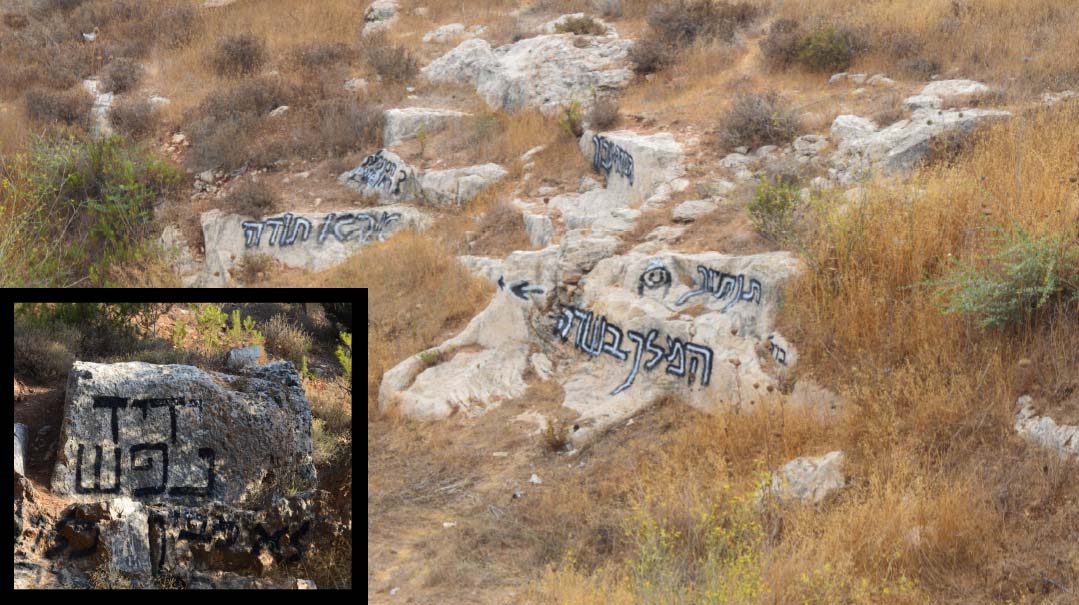
Is Graffiti Art or Vandalism?
This is the question that marches across my screen when I google “graffiti.” It is also the question that tugs at the edge of my consciousness when I walk past the craggy rocks in the wadi below my Jerusalem home.
The dry riverbed just beneath our building — Nachal Zofim is its name — is a living, breathing entity that constantly changes: green in winter, awash in yellow and red buds in spring, parched straw in summer. But every morning and evening, no matter what the weather, it echoes with the bellowing of men who find patches of solitude here to connect with their Creator.
“Tatte!” The plaintive screams bounce across the rocks and stumpy bushes.
“Nachmaaaaan!” There’s urgency and vulnerability as the voices pierce the chugging of the lone passing motorcycle.
“Ai ai ai ai ai!” Sometimes there are no words, just unarticulated desperation.
In the morning light, and then later before the suns sets, the men arrive. They come in minivans, atop mopeds, on creaking bikes, or by foot. Some run down toward the wadi clapping to a rhythm only they can hear. Others wander slowly, thoughtfully, through the pathways until they are swallowed by the trees. Walk down the hill, and you might hear a rustle, a sigh, an occasional clarinet playing, but you won’t see them. They are part of the wadi, at one with the raw, exposed landscape.
But even as they are swallowed into the scenery, they leave their mark. Invisible they may be, imperceptible not quite. Some anonymous artist has covered the rocks with the slogans that are his personal markers along the highway of life. “Yedid nefesh,” says one, attesting to a Confidant on High who hears every sigh, even the ones that remain hushed within. “Oy Tatte!” another beseeches in a sloppy, passionate scrawl.
“Hamelech basadeh — the King is in the field,” says another, paying homage to the majestic Power that will bid every yellowing blade in the fierce summer sun to find crisp green vitality come spring. And while surely the King is in every field — and on every mountain and in every crevice — in this field He feels that much closer, because so many keep calling and clinging to Him.
Is this graffiti an art or is it vandalism? Maybe it’s neither. Maybe it’s an imprint of the soulspeak that rustles through the wadi with the passing breeze, a legend left by the prayers and pleas and intimate conversations of children seeking their Father in an untamed Jerusalem riverbed. The spray-painted slogans will last until the winter rains come, but even when the rocks are washed clean, the echoes will still bounce across the wadi.
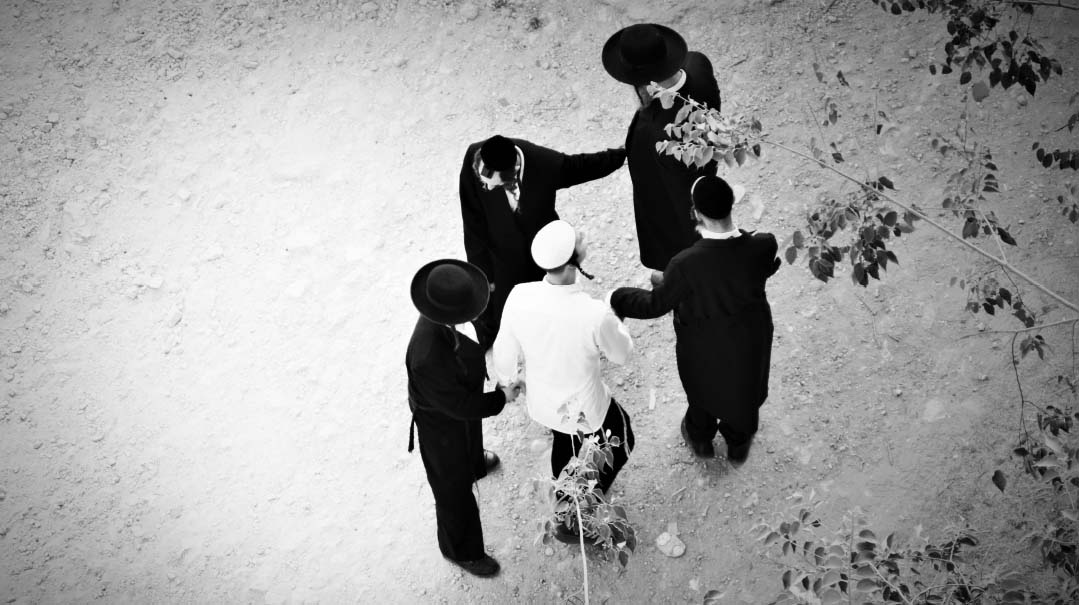
Hear Them Sing
Every morning a little dance takes place outside my window. It’s not the most graceful dance I’ve ever seen, and the singing is often hoarse and off-tempo. The songs are simple: “Mitzvah Gedolah Liheyos B’simchah” and “Uman Uman Rosh Hashanah.”
It’s the practice in Breslov, I’ve learned, to dance after davening. Because there’s a certain kind of exultation that comes after making oneself vulnerable. A certain confidence that’s born from any mighty emotional and spiritual effort: the confidence that your prayers were heard and that the response, whatever it is or however it plays out, will be good. That it’s already good.
“Uman Uman Rosh Hashanah…” Can you hear them sing?
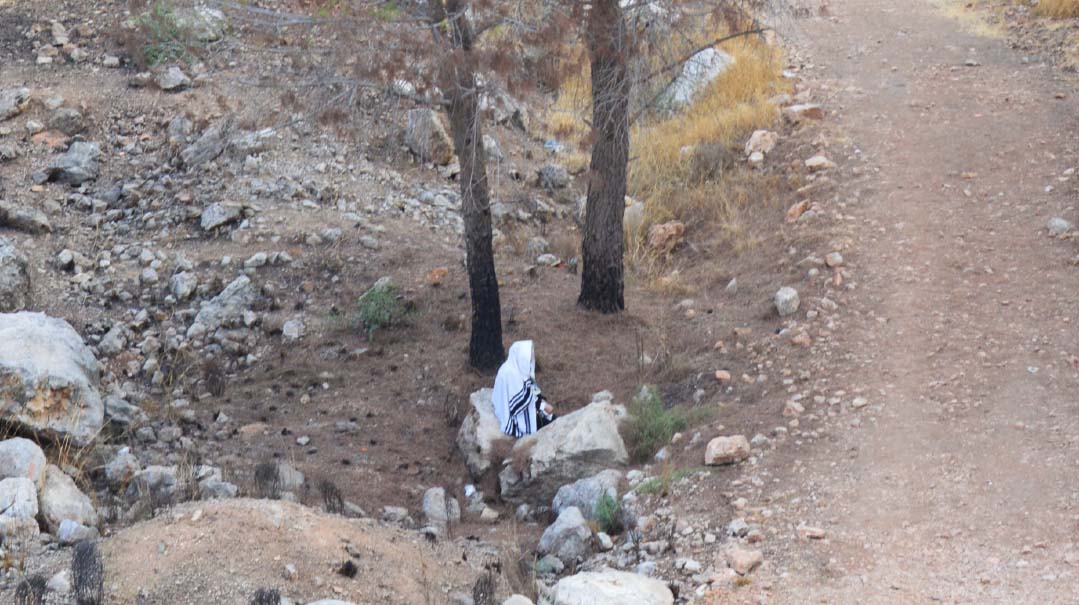
Morning Conversation
A few months ago, a fire clawed away the green scrubby carpet covering the hill. Fires aren’t an uncommon occurrence during the dry summer months — a cigarette stub, a scrap of foil, a kid experimenting with matches, and before you know it, the wadi’s been overtaken by a band of hungry vultures snapping, crackling, greedily consuming the gentle green growth.
The grass doesn’t stand a chance when these fires erupt, and the slender young trees can be casualties too, but the tough, tall, older trees are hardier. They might get scorched or singed, lose some of their limbs, but when the flames are doused and the fire engine on its way back to the station, they stand tall as always, stately sentinels. Survivors.
Every morning, two of those sentinels stand duty over the Man in the Tallis. He arrives wrapped in white, crowned by his tefillin. He makes his way steadily, surely, to the waiting rock right near the two tall trees. And then he sits, and the conversation begins.
No screaming for him, no loud displays or waving arms. He’s here to talk.
The conversation takes place entirely on the rock. It lasts about half an hour. From my viewpoint, it seems entirely undramatic. The Man in the Tallis doesn’t roar or cry or clap his hands. His shoulders barely move. At most, he lifts his face up. But his head nods to a definite rhythm.
I can’t hear his words, and I wouldn’t dare creep closer to eavesdrop, but this much I can see. Sitting there on his rock, shaded by the trees that survived — the trees that have seen neighborhoods spring up on empty hills, flowers grow and wither and die and grow again, men seek and find and seek some more — he is engaged in a conversation.
And just as in any conversation you or I would have with a friend, he speaks, then pauses, then leans forward, speaks some more. Because a dialogue is about listening just as much as talking. So sometimes he tips his head back a bit and drinks in the colors, the birdsong, the sunshine painting the hills a warm gold. His conversation Partner may not use words, but His Handiwork speaks of His Presence.
Then the morning quiet dissipates, and the city comes to life. School buses begin their routes, cars honk irritably, cement trucks lumber along the highway. The Man in the Tallis rises from his rock, makes his way to the waiting car, and heads off to the day that awaits him — people and tasks and problems and to-do lists.
Because now he can, now that he’s shared his worries and fears and dreams with the One who can get him through it all.
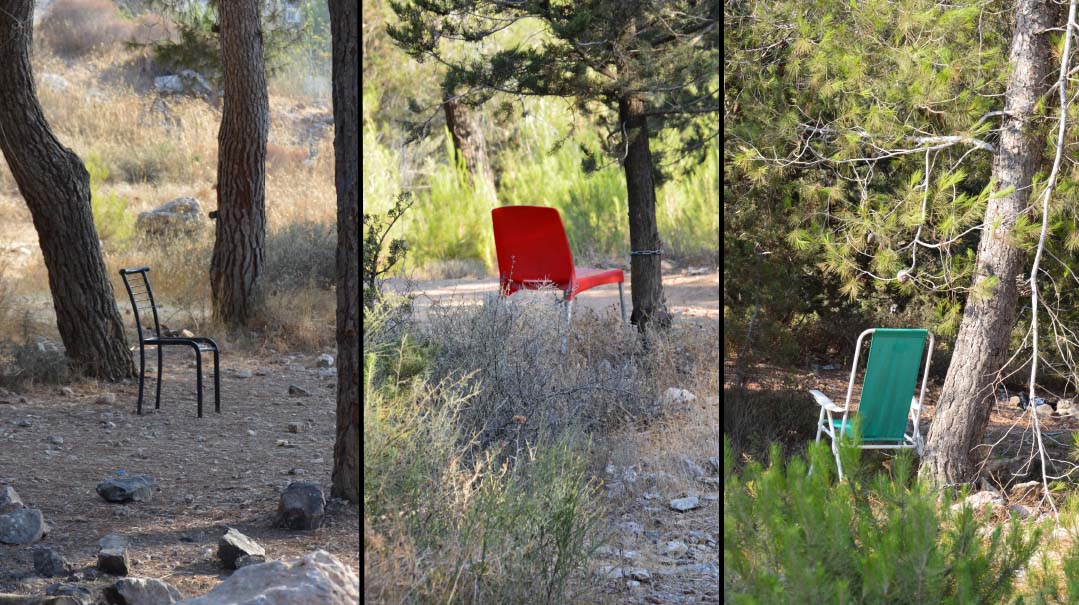
Make a Place
Make yourself a place for davening, we are told. A permanent spot, a seat reserved for you alone, will lend import and influence to the prayers you’ll send up from that place.
Here in the wadi, there are no upholstered seats, no benches, certainly no pews. But it’s a place of prayer nonetheless, and if you look carefully, you’ll keep spotting chairs tucked away in the shadows. A flash of color here, four legs of rusty metal over there, a seat that once belonged inside a car now spilling out its stuffing as the birds hop curiously beside it.
Usually these chairs are positioned under the fickle shade of a tree. Often their seats have rusted away, leaving just some legs, a back, and a bare frame. But with all their transience — their decided lack of elegance, polish, or even stability — each of these chairs is still a placeholder. Each stakes out a small territory so that come tomorrow, a faithful petitioner can return to his place of prayer.
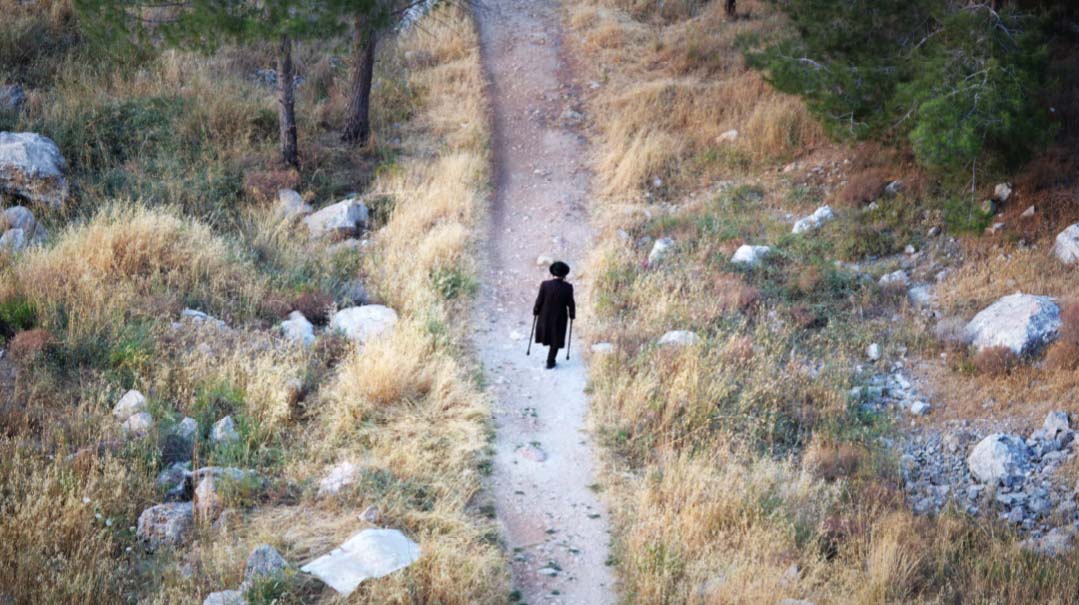
Even More Precious
Breslovers call them “meniot.” The dictionary calls them obstacles. Between those two words lies a gulf of cosmic significance. “Meniot,” on the surface, are circumstances that make it harder to reach one’s goal. But Rebbe Nachman taught that they are actually spurs to keep moving forward.
The very hardship that makes your goal seem unattainable also sharpens and deepens your desire to achieve it. When the going gets tough, the terrain treacherous, take it as a sign. Know that your service is so desired and precious that the lower forces are hurling obstacles in your way.
One evening I spotted this man swinging his way down into the wadi. Something in the jerky rhythm made me look again and notice that he was holding two canes, not one. Then I looked a bit closer, and I realized he was swinging down the path on just one leg.
I stood there, supper and baths and bedtime suspended, and watched him persist. I thought of the rocky slope that demands care and caution to navigate, even for my two sneaker-clad feet. I thought of the swiftly darkening sky and how absolutely black it would soon be. I thought of the human effort required to swing, on two canes and one leg, into the primal and punishing beauty of the wadi. And I thought of meniot, of goals that become more urgent the harder they seem to achieve.
I’m still a Brooklyn girl. I’m not becoming a Breslover anytime soon. But I hope I can admire and value and maybe even borrow something of the raw vulnerability, the craving for connection, the artless relationship of a child crying for his Father, because there really is no one and nothing else — the avodah that I witness every day in my backyard.
(Originally featured in Mishpacha, Issue 876)
Oops! We could not locate your form.







